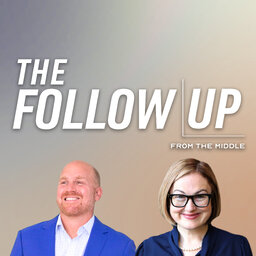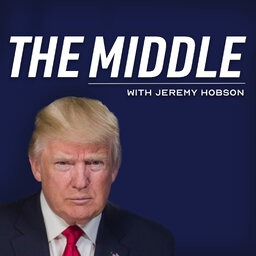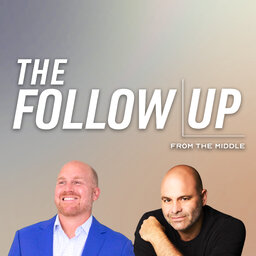Larry Summers on the Economy
On this episode of The Middle, Jeremy is joined by former Secretary of the Treasury Larry Summers to talk about President Trump’s tariffs and the state of the U.S. economy. Summers is also the former President of Harvard University and addresses the Trump Administration’s decision to withhold billions in funding from the university. DJ Tolliver joins as well, plus calls from around the country. #tariffs #tradewar #economy #china #canada #stockmarket #Trump #Harvard
In 1 playlist(s)
The Middle with Jeremy Hobson
The Middle with Jeremy Hobson is a national call-in talk show focused on bringing the voices of Amer…Social links
Follow podcast
Recent clips

The Follow Up: Fear in Trump's First Year, Michigan and the Midterms
22:56

One year of Trump: How are His Policies Affecting You?
49:39

The Follow Up: Minneapolis, Maduro’s Capture, and the First Days of Mamdani
26:52
 The Middle with Jeremy Hobson
The Middle with Jeremy Hobson